The last of the Mohicans. Continue reading
My dad died at Hartford Hospital on Tuesday, September 13, 2011. At the time he had been living in Connecticut for almost six years. That period has been described in some detail here. After his death it fell to me to make all of the arrangements for his funeral, disposition of his estate, and other such tasks.
My wife Sue definitely helped, and my dad made it easy for me by making a lot of preparations. He had written a carefully worded will, and he made me its executor. He had also added me as a signatory on his bank accounts and beneficiary of his investments.
The first thing that I did was to call my sister Jamie and notify her that he had died. I asked her to attend the funeral and told her that there was enough money in his accounts to pay for her and her five children to come to the funeral that I planned to schedule in Leawood, KS, where my dad had spent the bulk of his adult life. This was the first time that I had talked with Jamie for several years, as explained here. She thanked me for taking care of him, but she would not consider coming to the funeral. She said that he would have hated her being there, which I am quite certain was not true. None of her five children attended either. I don’t have any evidence that she had anything to do with their decisions, but …
My dad and mom had been active members of Curé of Ars church. I called the pastor, Monsignor Charles McGlinn1, to arrange the funeral mass. Somehow the subject of Boy Scouts came up. I told him that shortly after my family moved to Leawood back in 1962 I had joined Troop 395 and was the troop’s first Eagle Scout. I had spent most of my scouting days in Troop 295 at Queen of the Holy Rosary. He had also been the pastor there, but well after my time.
He remembered my dad and mom, and he scheduled the funeral mass for 10AM on Friday, September 23. I told him that my dad wished to be cremated. He said that that would be fine. In fact, it was the usual practice for deaths in distant locations. This surprised me quite a bit. I had been taught that the resurrection of the bodies would occur on Judgment Day. I supposed that if you believed that, you could imagine some way that the body could be reconstituted from ashes.
I had been composing dad’s obituary in my head while he had been in palliative care at the hospital. Since newspapers charged by the word for obituaries, dad would have appreciated that I kept it short and to the point. I sent this to the Kansas City Star.
James E. Wavada, 87, died on September 13, 2011, in Hartford, CT. Mass of Christian Burial will be held at 10 a.m. Friday, Sept. 23, at Curé of Ars Church, 9401 Mission Rd., Leawood. Jim grew up in Rosedale, matriculated at Maur Hill, and served in the Army in WWII. He worked at BMA for almost four decades, starting in the mail room and ending as a vice-president of public relations. He had a great love of words, except for “I,” which he almost never used. His astounding memory could produce an apt literary quote for any occasion. After he retired, he wrote Yup the Organization, a tongue-in-cheek guide to climbing the corporate ladder. The best day of Jim’s life was when he married Dolores Cernech. The worst was when she died more than 50 years later. Jim is survived by his son, Mike, daughter, Jamie, five grandchildren, and innumerable friends and admirers.
Four decades? Where did I get that? Well, as usual, nobody checked my work. I was very proud of this little essay at the time, but given another chance I would at least remove the commas after “son” and “daughter”.
I am sure that there was some sort of reception. I think that my dad’s friends had set up something in the vestibule, and there was a reception line there before mass. I don’t remember going to a funeral home there.
I don’t remember calling anyone else about the funeral. Sue might have called the Raffertys. They probably notified their friends and others who knew dad. Two of my cousins lived in KC. One of them probably saw the obituary and notified the others. Charlie, Vic, and Cathy were certainly there. I am not so sure about Margaret Anne.
Somehow dad’s old army buddy, Jake Jacobson2, heard about it and came down by himself from Milwaukee. I think that he might have called me to say that he was coming.
I was thrilled that he was able to make the trip. I knew that he was five years older than my dad, but he seemed to be quite vigorous. However, he confessed to me that whenever he changed locations, he made sure that he knew where the nearest bathroom was located.
The other surprise was Joan Dobel3, the mother of Pat Dobel, my friend and classmate at Rockhurst High School and my very first debate partner. I had never met her, but evidently she had been A friend of my parents.
Sue and I made arrangements with Leete-Stephens Funeral Home in Enfield. We decided not to hold any gatherings in Enfield. The people at L-S took care of the cremation privately. They gave me an urn containing the ashes. I was shocked to learn that I was required to carry them on the airplane as carry-on luggage.
Sue and I flew to KCI a day or two before the day of the funeral. We certainly rented a car from Avis.
I am pretty sure that we stayed at the Hampton Inn that was near I-435 in Overland Park. We may have made arrangements for Jake to stay there, too.
I have a vague recollection that Sue and I picked up Jake at the airport, but I am not positive. If I did not, I have trouble imagining how he got around. I don’t remember him taking taxis.
The funeral mass itself was well attended. My parents had a lot of friends in the area. One of the ladies that had worked closely with him at BMA was also there. Dad sometimes talked about her when I was still living in Leawood many years earlier, but I cannot remember her name.
I did not take an active roll in the ceremony. I don’t think that anyone spoke about my dad, but I could be wrong. This was a marked contrast with my mom’s funeral as posted here.
I remember that Sue and I rode in one of the funeral home’s cars out to the cemetery. It seemed like a long drive. We were in the same care as Monsignor McGlinn. I felt uncomfortable, but he did nothing to cause me to feel that way.
By far the highlight of the entire trip was supper at RC’s in the Martin City neighborhood of KC MO. My dad and I frequented this restaurant on my visits to KC (documented here). All my cousins and some of their kids joined Sue, me, and Jake. Cathy’s future husband, Patrick Wisor, was also there. My dad’s estate picked up the tab.
I don’t know what about the atmosphere at RC’s4 made this such an enjoyable evening for me. I don’t remember any of the details of the conversation, but I do recall that everyone seemed relaxed and having a good time. It helped to cement some relationships between me and my cousins. We had known each other for decades, but we had spent very little time together.
Disposition of the estate: This was a surprisingly easy job. My dad left his financial records in remarkably good condition. He had previously added my name to his accounts, and his will was straightforward. I was the executor. The will left everything to me, but in private conversations he told me that he also wanted to take care of Jamie’s children.
I made one or two visits to the office of Richard Tatoian, a probate attorney in Enfield. I told him that I was worried that my sister might give me some trouble about the will. He advised me that my dad made his intentions very clear, and he did not think that anyone could contest it. The total estate was worth about $180,000. I sent checks for $9,000 each to Cadie and Kelly Mapes and Gina, Anne, and Joey Lisella. After the first of the year I sent a second check for the same amount to each of them.
After Sue and I had taken the few things that we wanted (electronic equipment and mementos) from dad’s apartment Sue contacted Golden Gavel Auctions in East Windsor to pick up all of the rest of dad’s stuff at Bigelow Commons. They were able to sell some of it, but it barely covered the cost of carting away the rest of it.
Dealing with Bigelow Commons was a pleasure. They waived the right to the rent for the rest of the term of dad’s lease. They also told me how much they enjoyed having my dad as a tenant.
Many years later I discovered in my dad’s papers two very interesting tickets: one for Super Bowl III (the Joe Namath game) and one for the 1970 Rose Bowl, Bo Schembechler’s first.
1. Monsignor McGlinn was the pastor of Curé of Ars from 1986 until his retirement in 2015. Before that he had been the pastor at Queen of the Holy Rosary, our parish for eight years. He died in 2020 at the age of 78. His very revealing obituary has been posted here.
2. Jake died in 2023 at the age of 103 and a half! His truly fabulous obituary is posted here. It is by far the best that I have ever seen. The obituary contains a story written by his son Paul (introduced here). It mentioned, among many other things, that Jake was in counter-intelligence in Europe in WW II. This surprised me greatly. My dad was in the infantry in the Pacific. I wondered how the two of them met and managed to develop a relationship that lasted for so long. I could not figure out a way to contact Paul to see if he knew the answer.
3. Joan died in 2013. Her obituary has been posted here.
4. RC’s changed hands in 2023. Its history is documented here.


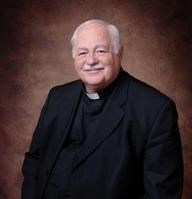

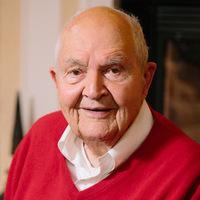


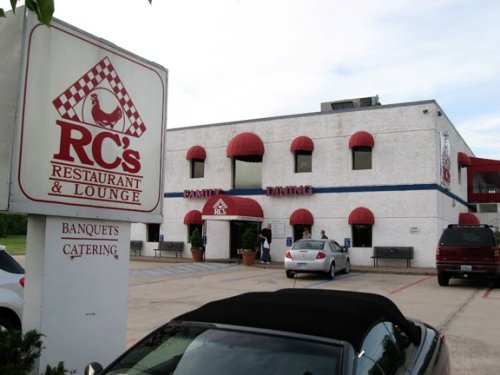
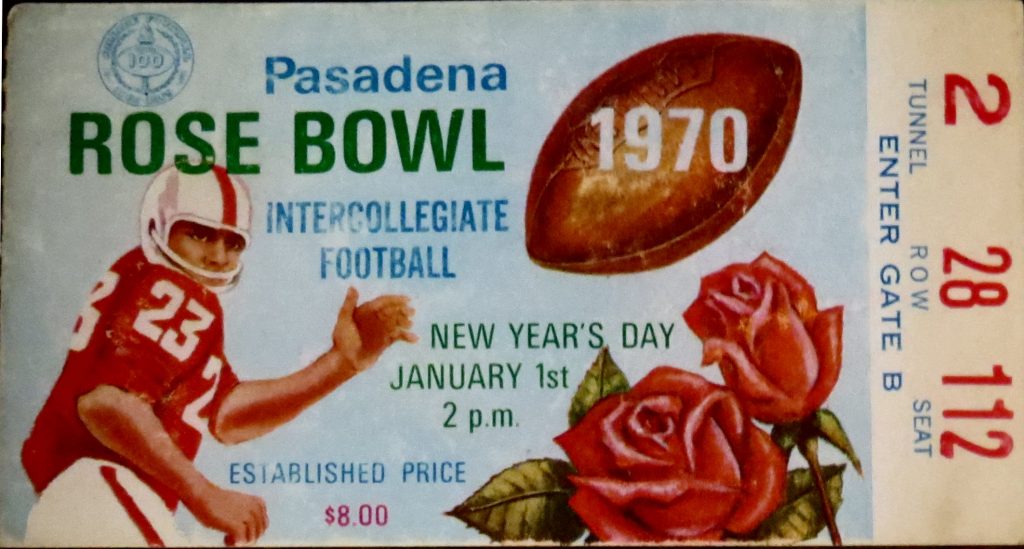
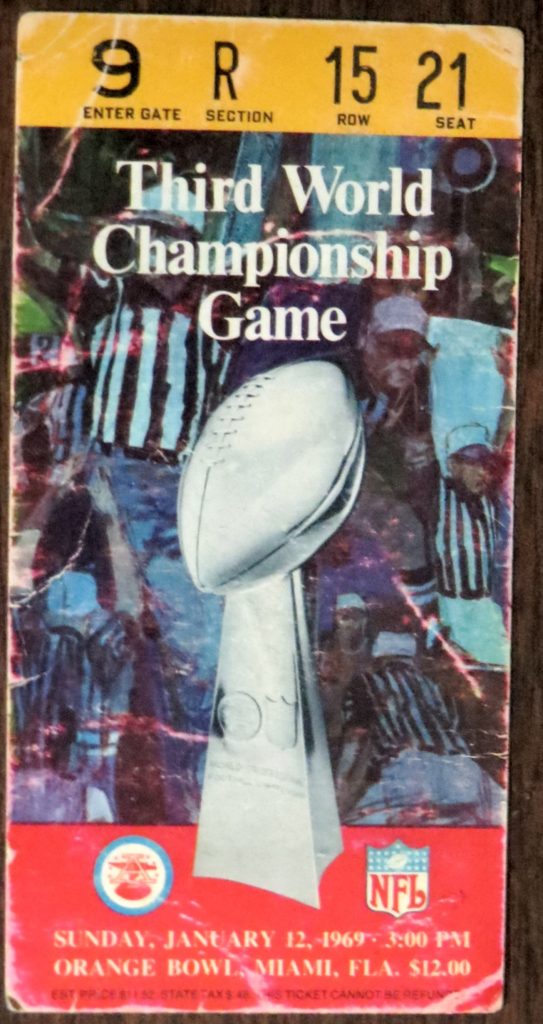
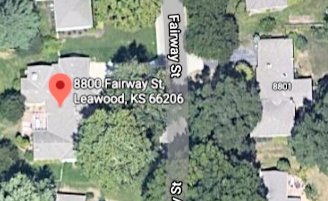
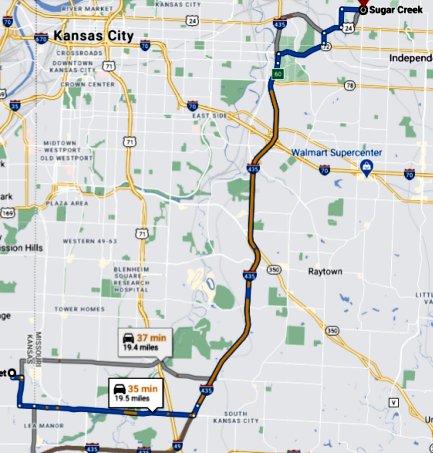
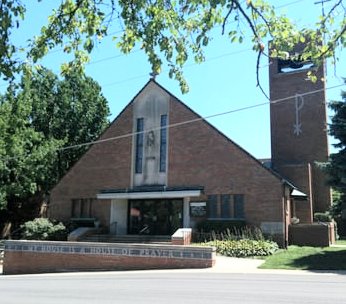


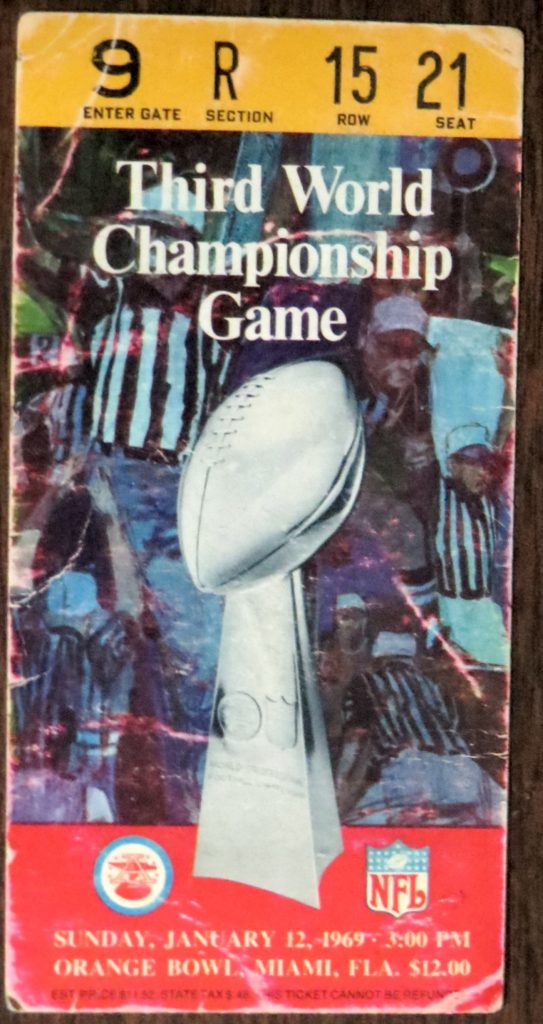
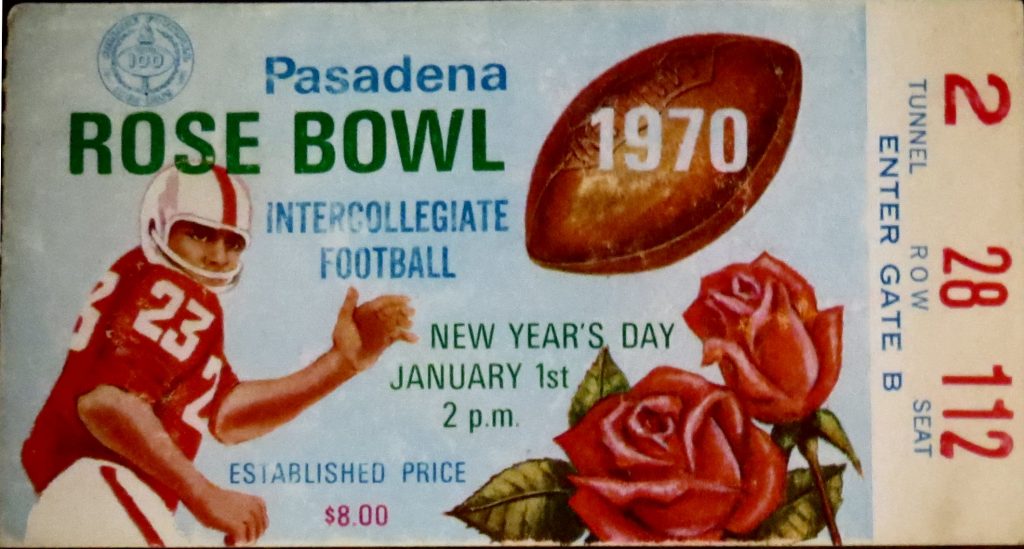
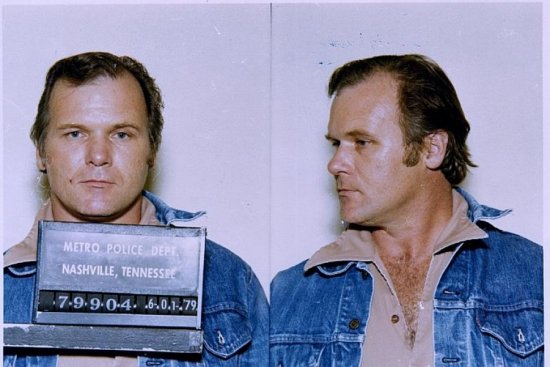 2. This horribly unimaginative song tied “California Dreamin'” as Billboard’s top song of 1966. Surely this was the worst song ever to become so popular. Sadler was a medic in Vietnam. His one hit made him a lot of money, but his life subsequently went quickly downhill. In 1979 he was charged with second-degree murder and pleaded guilty to voluntary manslaughter in Nashville. He went to prison for thirty days. In September of 1988 he was shot in the head in a taxicab in Guatemala City. He died early the following year.
2. This horribly unimaginative song tied “California Dreamin'” as Billboard’s top song of 1966. Surely this was the worst song ever to become so popular. Sadler was a medic in Vietnam. His one hit made him a lot of money, but his life subsequently went quickly downhill. In 1979 he was charged with second-degree murder and pleaded guilty to voluntary manslaughter in Nashville. He went to prison for thirty days. In September of 1988 he was shot in the head in a taxicab in Guatemala City. He died early the following year.